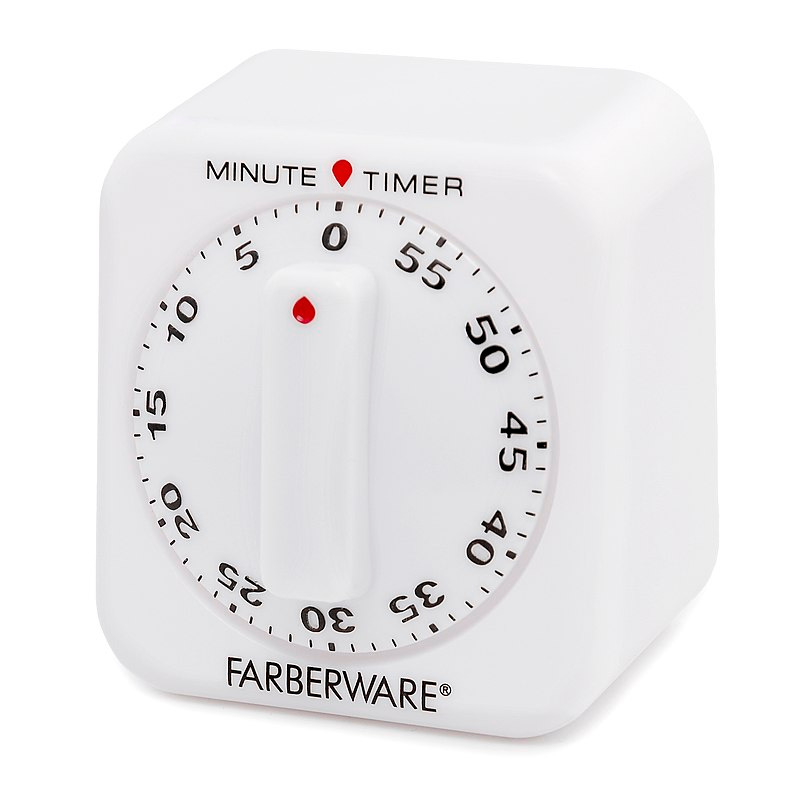When I came up with my very first idea for a novel (and for many years after), I had a job. A pretty stressful one, at that. I was an account rep for a commercial printer in San Francisco, and my day involved getting up early, taking the streetcar from our apartment in the outer Sunset to the Montgomery Street station downtown, and walking about ten blocks before walking into whatever chaos was going on in the office.
At the end of the day, I’d do the trip in reverse, and walk in the door somewhere between 6 p.m. and 7 p.m., depending on how the day had gone.
It’s hard for me to imagine or remember if and how I started getting words down during this time. I don’t think I really did. The majority of my writing at this point was happening in my mind, but I do remember toward the end of that job I got a private office. I remember starting to fiddle with my novel on my work computer while ignoring clients, and carrying the work back and forth on a floppy disk.
A big reason I left that job, other than it being complete and utter hell, was I wanted a job that left me a little more time and energy to start writing with serious intent. My next job was about 3/4 time, which felt like such a relief, and I started writing a bit more seriously.
I won’t drag you through my entire job history—I documented it once over at Medium, if you want the whole story. The point is that I wrote four whole novels to the end while still working 3/4-full time jobs.
It’s been about 15 years since I quit that life, with a couple of temporary forays back into drawing paychecks when needed. I know that I sometimes wrote in the evenings, sometimes at the jobs, never in the early mornings, and mostly on weekends.
A lot of writers are in this boat. David Levithan has talked often about writing his own books on the weekends, while during the week he focuses on his job as an editor at Scholastic. Ally Carter wrote her first few NYT bestselling books while working full-time as an economist. Cinda Chima continued working as a clinical nutritionist well into her published career.
Many other writers, too many to list, happily keep their “day jobs” despite publishing success. There’s a lot of freedom in not having to rely on your creative self to provide practical support for living. It’s something I’ve been thinking a lot lately, myself. Where I used to fall asleep at night dreaming of quitting my job and writing full-time, now I often dream of steady paychecks and good benefits. My third-act may very well be getting back into the job market so that I don’t have to live in a van down by the river in my old age (though I may choose to).
Whether a writer is writing full-time, part-time, early mornings, after hours, or weekends, they are no more or less a writer than any other. As I write in This Creative Life:
Take that paycheck, take that PTO, and use what you can to undergird your writing time, go to conferences, sit at coffee shops with the $6 coffee and work on your passion project. Sleep peacefully knowing you aren’t waiting on a busy editor to be able to pay your bills. Employ home help, if you can, to clear some writing time on weekends so they aren’t eaten by chores.
If you’re one of the many getting your writing done outside the workweek, I’d love to hear from you in the comments. What’s your strategy? What are your tips? What are the pitfalls? What would you say to another writer who is despairing about jobs getting in the way of writing?
It’s Friday morning as I write this. If you’re on a regular workweek schedule, the weekend is coming. What are you working on? What’s your plan? If you don’t have one, make one right now. What time on Saturday and/or Sunday will you tell everyone to leave you alone, turn off your devices, sit down, set a timer for 23 minutes, and make some words?
23 is my favorite writing timer for some reason. It’s longer than 15, but somehow seems way less intimidating than 25. And 9 times out of 10, it’s plenty of time to get me into the task and create momentum to go longer. Psychology!
➡️ After sending this out, my friend Amy Spalding wrote to say that she just did a whole newsletter about this herself. Lots of great tips here (scroll down)!






